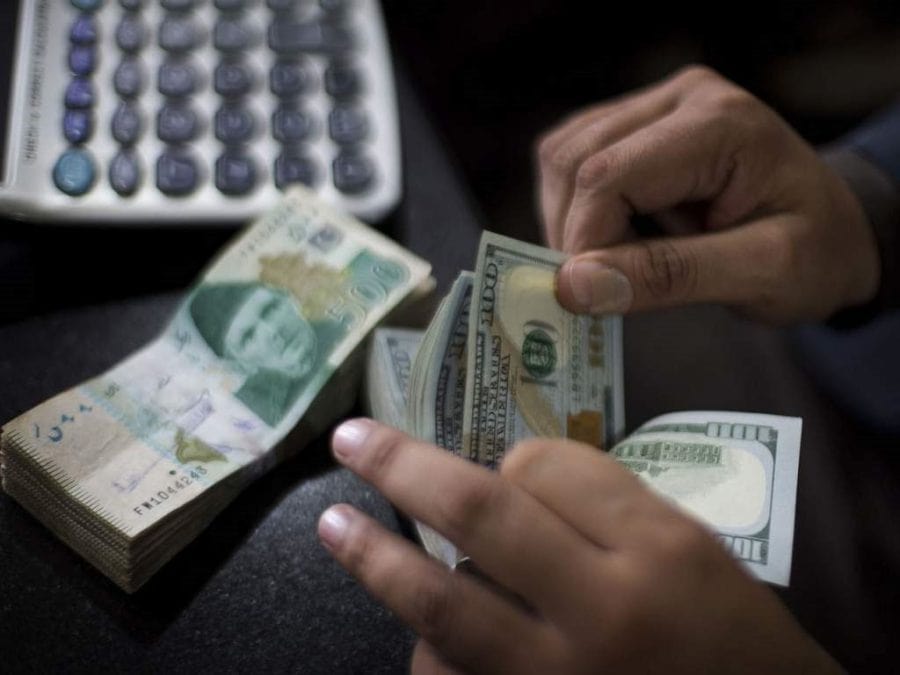Islamabad: Remittances inflows declined by 11.1% in the first half (July – December) of the fiscal year 2023 to record $14.052 billion compared to $15.807 billion recorded in the same period last year.
According to the State Bank of Pakistan (SBP), on a month-on-month basis, remittances amounted to $2.04 billion in December, down 3.16% from $2.108 billion recorded in November.
However, on a year-on-year basis, in December alone, inflows fell more than 20%.
During Dec 2022, workers’ remittances recorded an inflow of US$2.0 billion. For detail see https://t.co/rPOvn9Dr8Nhttps://t.co/7XBd4uOcHC pic.twitter.com/wxEZKq9zbk
— SBP (@StateBank_Pak) January 13, 2023
Experts believe that the sharp decline in remittance inflows is due to the fact that overseas Pakistanis have opted for unofficial channels as they are offering a much higher exchange rate.
Remittances inflows fall 4.8% MoM in November of FY23
Currently, the interbank PKR/USD rate is Rs228.15. However, the open market rate is around Rs40 higher than the interbank. Resultantly, workers overseas go far unofficial channels like hawala and hundi to send back dollars.
It is important to note that Pakistan heavily depends on the influx of remittances to meet its foreign exchange needs because exports hardly cover the high level of imports.
According to the latest reports, Pakistan’s SBP-held forex reserves have fallen to $4.3 billion, which is not even enough to cover one month’s export.
To ease this pressure on the forex reserves, Pakistan has reached an agreement with the United Arab Emirates (UAE) to roll over an existing loan of $2 billion and provide an additional loan of $1 billion.
The development was reached during Prime Minister Shehbaz Sharif’s meeting with the President of the United Arab Emirates, Sheikh Mohamed bin Zayed Al Nahyan on Thursday.
In the same week, Saudi Crown Prince Muhammad Bin Salman also directed authorities to study augmenting investment in Pakistan to reach $10 billion and increasing deposits in the central bank of Pakistan to reach $5 billion.









